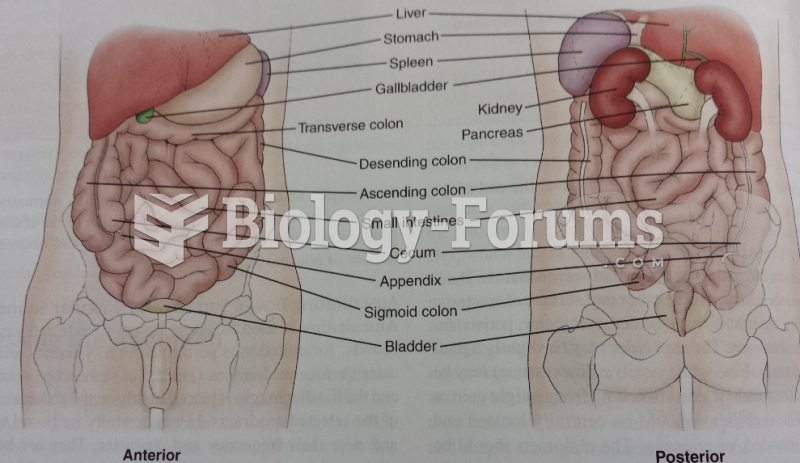|
|
|
Once thought to have neurofibromatosis, Joseph Merrick (also known as "the elephant man") is now, in retrospect, thought by clinical experts to have had Proteus syndrome. This endocrine disease causes continued and abnormal growth of the bones, muscles, skin, and so on and can become completely debilitating with severe deformities occurring anywhere on the body.
When blood is exposed to air, it clots. Heparin allows the blood to come in direct contact with air without clotting.
The human body produces and destroys 15 million blood cells every second.
Signs and symptoms of a drug overdose include losing consciousness, fever or sweating, breathing problems, abnormal pulse, and changes in skin color.
Vaccines prevent between 2.5 and 4 million deaths every year.






